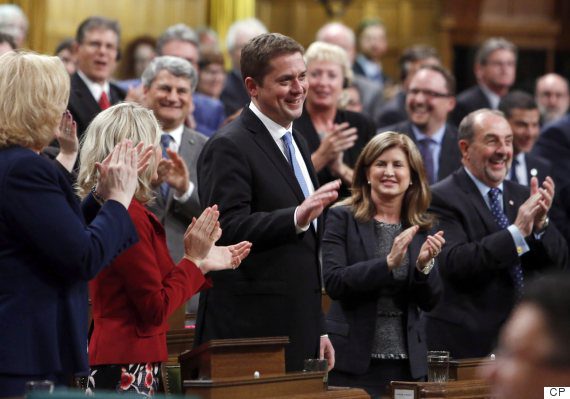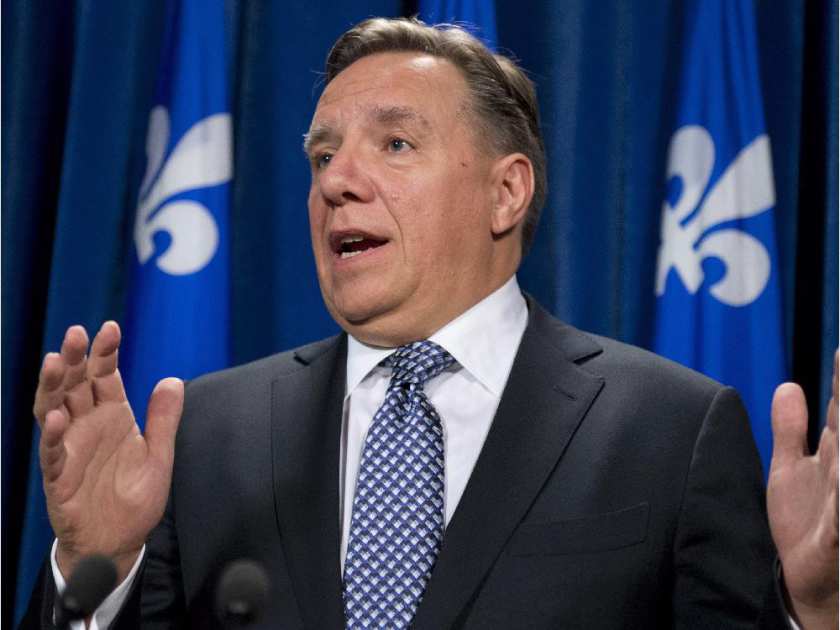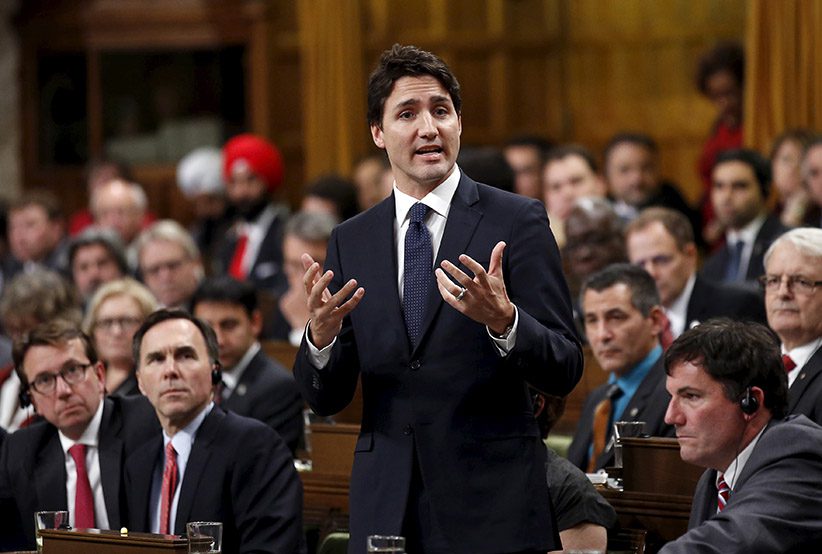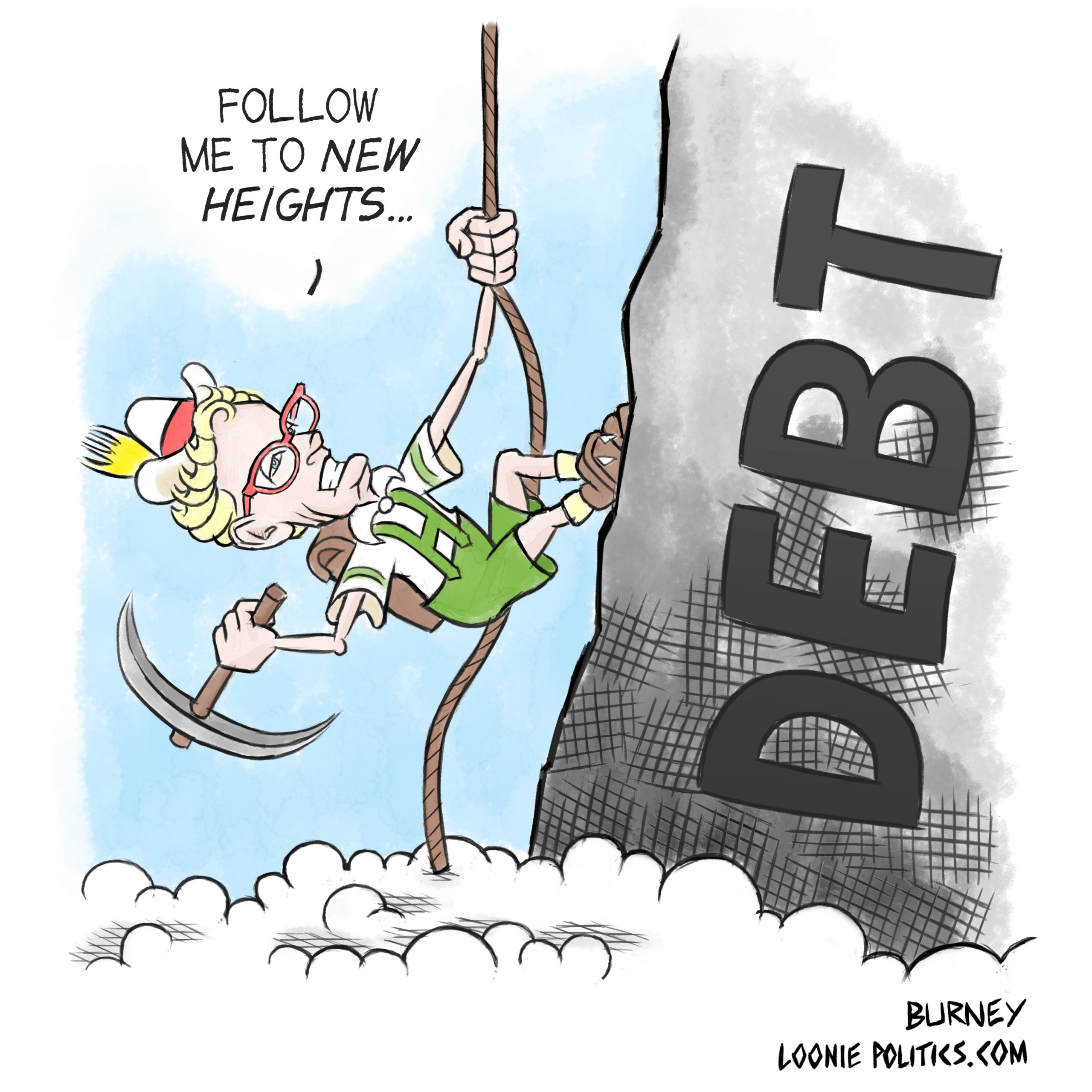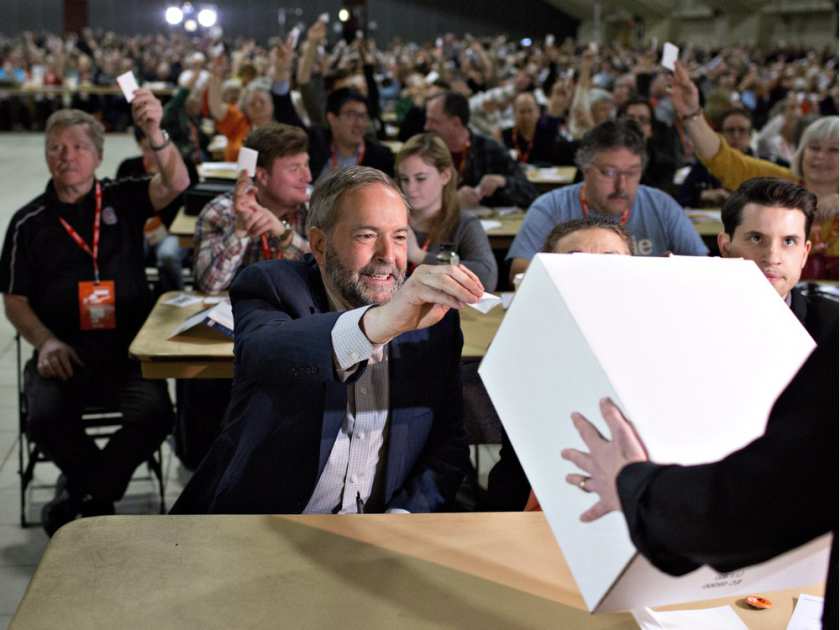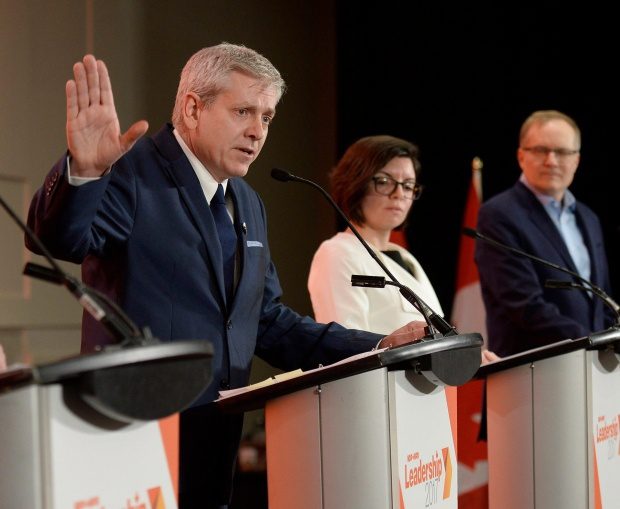Once again, a troubled industry is turning to the government for help. Tax dollars, they say, is the only way journalism can survive!
Is that so?
For years, the traditional print media industry in Canada has been going down a rabbit hole, with the disappearance of the cash cow that was the classified ads, the loss of captive readership and the shrinking of advertising revenues coming from both local and national businesses.
A short-term injection of cash will not make the newspaper industry sustainable and the government would be back to square one in a couple of years. The government should always be prudent before investing in any industry with no clear objectives or strategies on how to recoup that money.
After all, let's remember that when the auto industry required a bailout, taxpayers ended up taking at least a $3.5-billion loss on their investment. Now, of course, part of that was because the Harper Conservatives were eager to quickly balance the budget and were willing to impose short term pains rather than wait for long term gains.
Considering the recovery of the industry, the government would have been better off to keep their shares and use the ownership as leverage to force the automakers to invest in their Canadian plants, protect and create Canadian jobs while pushing for a shift towards better, cheaper green cars in order to meet the demand of eco-conscientious, but cash-strapped, consumers.
It was remarkably short-sighted to sell off those shares without at least recovering the full investment. For example, General Motors just announced record first-quarter earnings and revenue, and in Canada, the 2016 sales were significantly up: Chevrolet sales were the best since 2008. Buick had its best year in a decade. GMC posted its second-best sales year since 2000. And Cadillac had its best retail sales performance ever. Bonuses galore for GM executives, thank you taxpayers for saving our jobs a few years back.
But at least, the government can take solace since the industry did indeed recover because of the bailout, and that tax revenues from the increased sales and from the payroll somewhat compensated for the net loss.
It is hard to see such a scenario unfolding for the newspaper industry however. Why would newspapers suddenly start making money after a bailout? Indeed, the Public Policy Forum's report on the future of journalism and democracy does not pave the way towards a sustainable future for the industry. No structural change, no industry shift. It merely calls for amendments to the Income Tax Act and the Copyright Act to provide new streams of revenue not available to other sectors while calling on the CBC to do more of their work for them by providing additional local coverage and making it available to daily newspapers for free. That's half baked, so let's put that proposal in the oven for a bit longer:
There is something more important for a society than profitability. Canadians should have access to news and should be able to count on journalism to expose the truth and to protect our democratic way of life. It is an important public service, even if it has so far mostly been provided by the private sector.
But if the regular production of original reporting has become a money-losing business, we collectively need to think outside the box if we are to keep that vital service in place, especially when it comes to local content. Instead of asking the CBC to do it for them, this might actually mean saving newspapers as a public service while getting rid of the private, for-profit interests of the corporate press barons. So don't bail them out. Buy them out.





